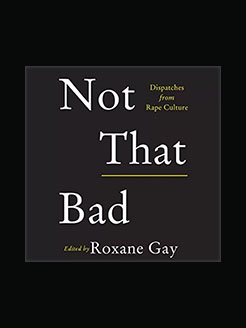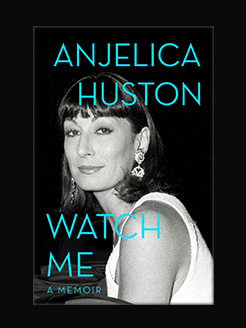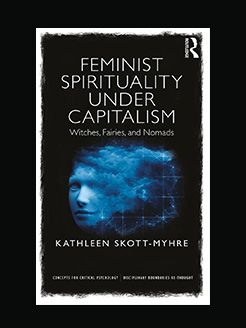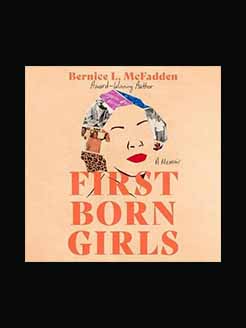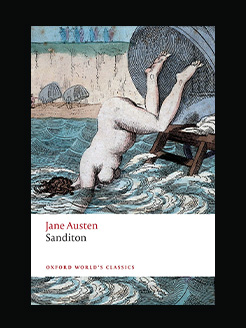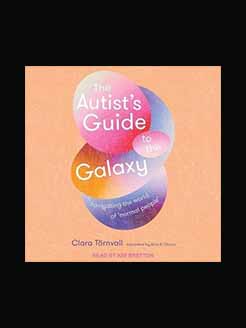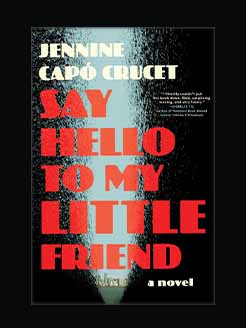Published in 2024
312 pages
Carla Lonzi (Florence, March 6, 1931 – Milan, August 2, 1982) was an Italian art critic and feminist activist, who is best known as the cofounder of Rivolta Femminile (Feminine Revolt), an Italian feminist collective formed in 1970.
In the early 1970s, Lonzi adopted a feminist stance in relation to art. She had grown to view art as being yet another part of a system of institutions and labour which enable unequal power relations and the overall oppression of women. Lonzi became disillusioned and went as far as dismissing art criticism as a “phoney profession”. She subsequently abandoned her career as an art critic and fully embraced the feminist cause.
Despite her eventual negative outlook on the field of art and art criticism, Lonzi has said that the experience and knowledge she gained from her work as art critic informed her feminist activism.
In 1970 Lonzi, Carla Accardi, and Elvira Banotti founded Rivolta Femminile, an Italian feminist collective. Their first action, in July 1970, consisted of plastering the walls of Rome with copies of the “Manifesto di Rivolta Femminile”. The politics of Rivolta Femminile were largely grounded in “autocoscienza” theory and practices. “Autocoscienza”, meaning a heightened sense of self-consciousness or self-awareness, was a collective exercise of feminist “consciousness-raising.” Its core belief was that women can better understand themselves through being engaged in an open dialogue with other women.
Rivolta Femminile developed its own publishing house, Scritti di Rivolta Femminile, which allowed the group to print and distribute its own work. This was important to Lonzi who had a particular interest in writing and publishing.
Lonzi was the author of some of Italian Feminism’s most important documents. Her numerous provocative texts and manifestos pushed the boundaries of the traditional understanding of conversationalism and the manifesto format. This was accomplished through continuous experimentation with writing and knowledge production. Some of Lonzi’s most notable works from this period include “The Clitoral and the Vaginal Woman“, “Let’s spit on Hegel“, and “Diary of a Feminist“.
Let’s Spit on Hegel (1970) is considered one of the seminal texts of Italian feminism. It questioned women’s claim for equality by stressing the patriarchal character of Hegel’s dialectic and ‘theory of recognition’. It was published in 1970 and deconstructs what Lonzi argues as the patriarchal nature of Hegel’s theories. The book was initially serialised between 1970 and 1972 and then collected in a unique volume in 1974. Each section reveals one stage of Lonzi’s personal consciousness raising.
In The Clitoridian Woman and the Vaginal Woman (1971), through the analysis of Freud and Reich’s psychoanalysis, Desmond Morris’ paleoanthropology and the Kama Sutra, Lonzi claims that the myth of the vaginal orgasm serves the patriarchal model of the complementarity of women to men. If this complementarity between man and woman is permitted during procreation, it is not allowed during sexuality. Published at a time when women’s sexuality and self-liberation were at the forefront of feminist discussion, the book significantly contributed to these debates.
Luisa Lorenza Corna is an art and design historian. She is Leverhulme Fellow at Birkbeck University in London.
Matthew Hyland is a writer, musician, and contributing editor of Mute magazine.
Cristina Viti is a poet and translator working with Italian, English, and French.
What is this book about?
A comprehensive collection of texts from the most influential and iconic figure of Italian second-wave feminism.
Recently rediscovered in Italy and abroad, the works of Carla Lonzi tend to fall under the remit of art history or feminist theory. Art historians focus on the texts written in the 1960s, when Lonzi was still actively working as a critic, whereas feminist scholars engage with her more openly political interventions, published after her declared embrace of a separatist feminism. In 1970 Lonzi decided to leave the art world for good and dedicate herself to her newly founded feminist collective, Rivolta Femminile. While recognizing the break in Lonzi’s life and work, this anthology maps the overall arc of her intellectual and political production, giving equal weight to her seminal contributions to art criticism and her trailblazing feminist writings. A comprehensive collection of texts from the most influential and iconic figure of Italian second-wave feminism, Feminism in Revolt seeks to shed light on Lonzi’s versatile approach to literary genres and compositions by juxtaposing essayistic texts, poems, diary excerpts, and manifestos.
